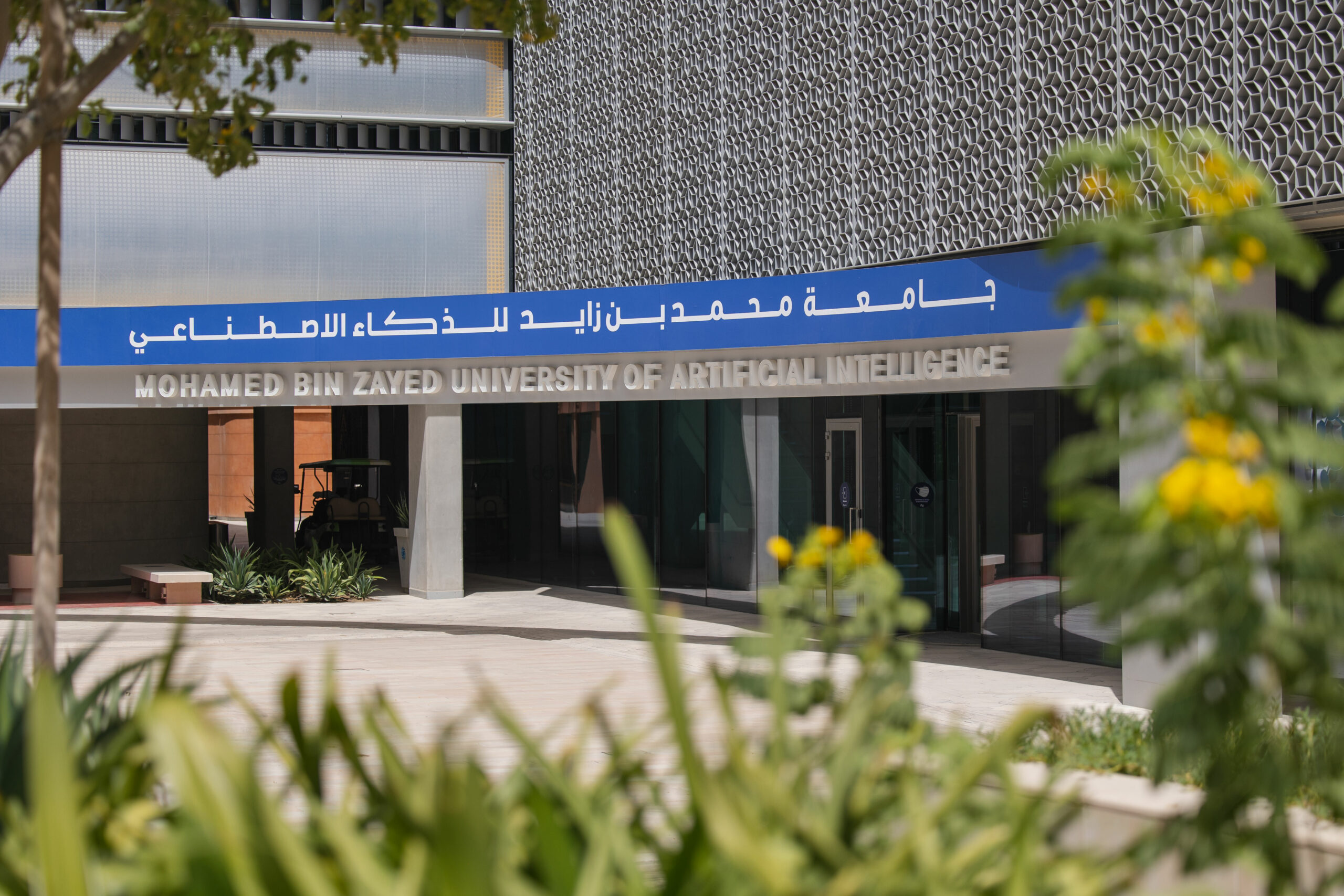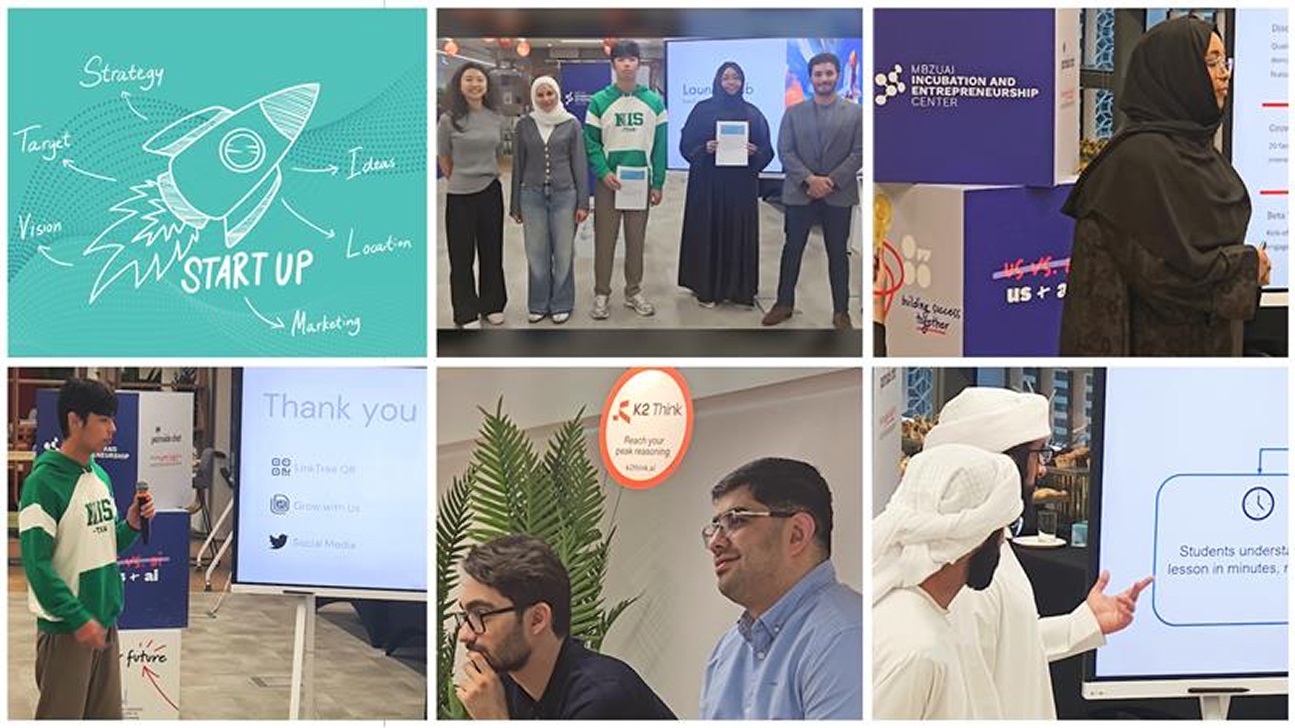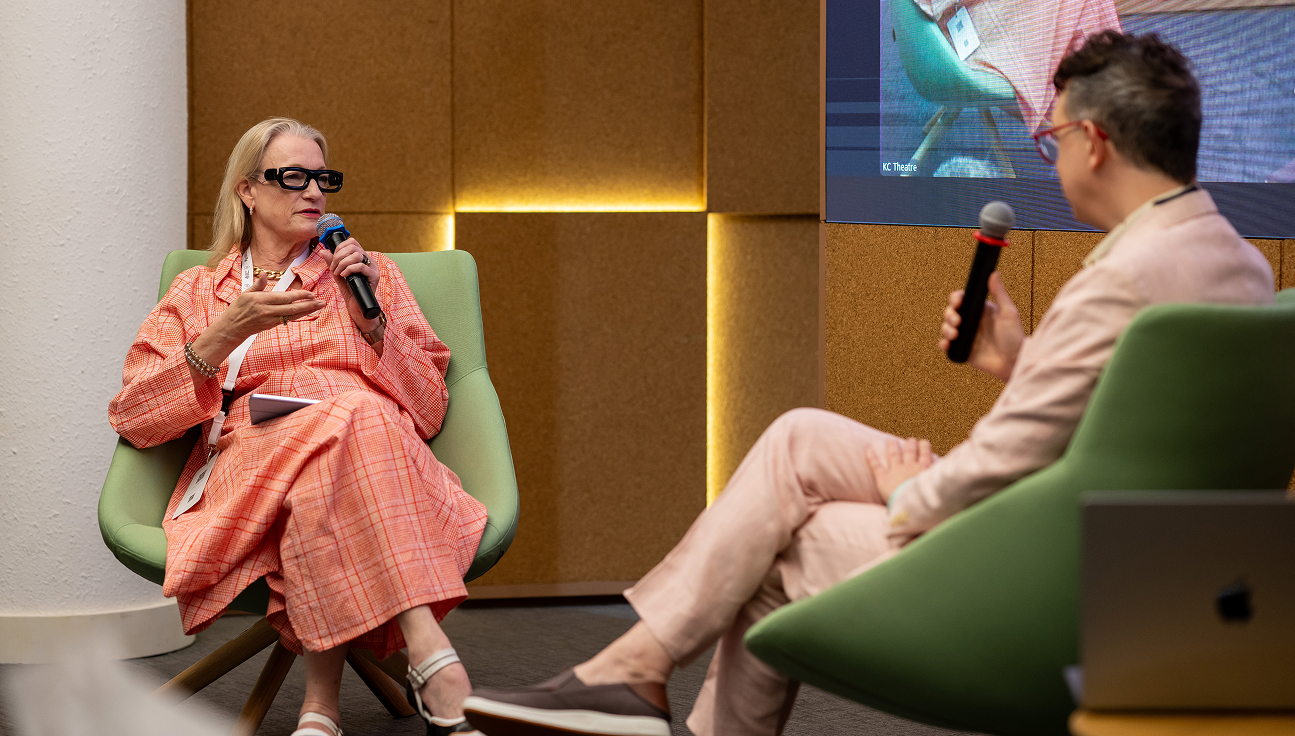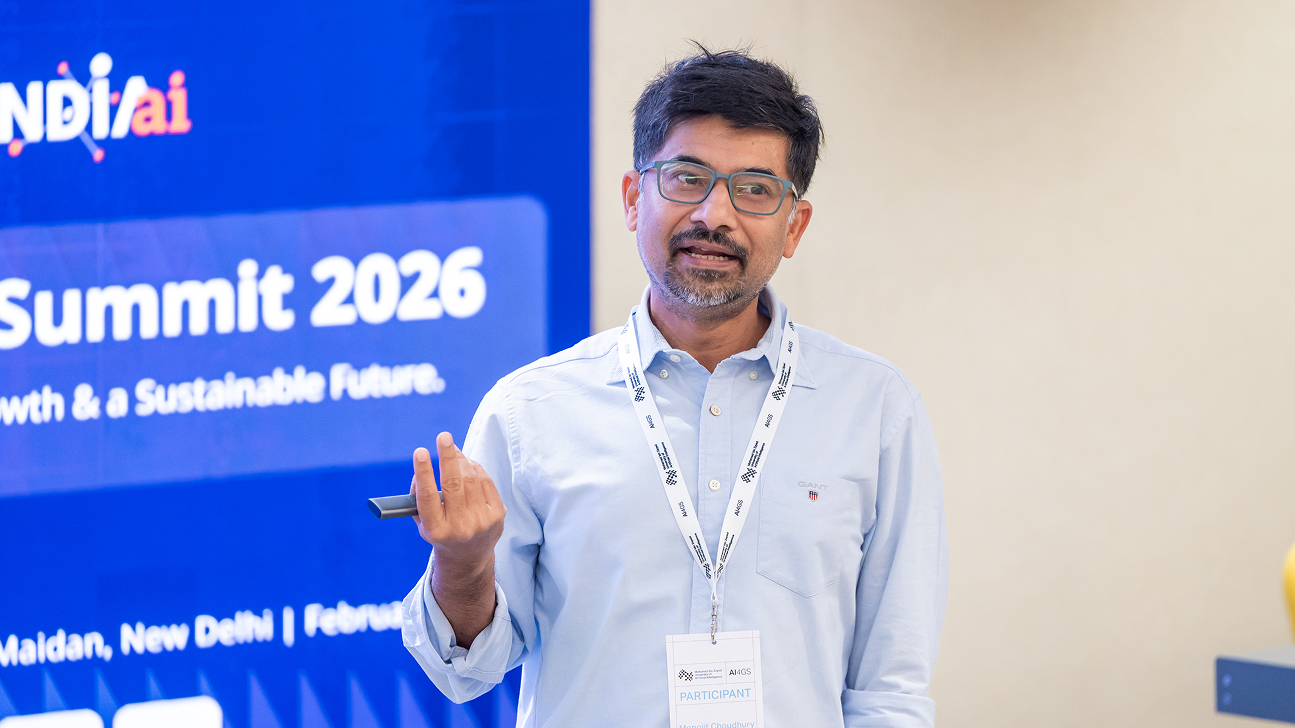MBZUAI advances the UAE’s National Strategy for AI with new supercomputer built by Hewlett Packard Enterprise
MBZUAI’s new supercomputer will pioneer AI technologies that contribute to scientific and research communities and advance the UAE’s global AI leadership
Wednesday, October 12, 2022
Published by HPE Newsroom on October 11, 2022
[wps_breakout-box title=”In this article”]
- New Campus Super Computing Center will accelerate scientific discovery in many areas, including healthcare, structural engineering, law enforcement, supply chain, and sustainability
- HPE is helping MBZUAI support the UAE’s National Strategy for AI, bringing together the power of academia, government, and industry to strengthen the country’s global competitiveness
[/wps_breakout-box]
Dubai, United Arab Emirates – October 11, 2022 – Hewlett Packard Enterprise (NYSE: HPE) today announced it is building a new supercomputer for Mohamed bin Zayed University of Artificial Intelligence (MBZUAI), a university dedicated solely to AI, to accelerate AI-driven scientific discovery and advance the UAE’s goal to be a global AI leader. HPE’s robust supercomputing and AI technologies will significantly enhance the university’s ability to run complex AI models with extremely large data sets, and increase predictability in research analyses in fields including energy, transportation and the environment.
Supercomputing is vital to delivering AI-at-scale, and driving global innovation, industry competitiveness, and economic growth. From accelerating vaccine discovery to fight a pandemic, and advancing clean energy systems to increase sustainability, to enabling new possibilities in AI, supercomputing is a core technology to solving the world’s most challenging scientific and engineering challenges.
Established in 2019, MBZUAI has already ranked 24th in the world for artificial intelligence, computer vision, machine learning, and natural language processing. The new supercomputer will help MBZUAI support the UAE’s National Strategy for AI, bringing together the power of academia, government, and industry to strengthen the country’s global competitiveness. The advanced supercomputing and AI technologies will also expand resources for larger projects to allow MBZUAI to attract global talent and create new economic and societal opportunities for the UAE.
MBZUAI’s new Campus Super Computing Center (CSCC), where the new supercomputer will be housed, will enable faculty members, researchers, and students to accelerate scientific discovery in many areas, including healthcare, structural engineering, law enforcement, supply chain, and sustainability. In addition to meeting the research needs of the faculty and students, the new supercomputer will help MBZUAI fulfill its role as an AI talent developer and innovation hub that brings together the business community to drive entrepreneurship in the AI sector. MBZUAI already is contributing to significant initiatives such as the Emirati Genome Program, which uses AI-based tools to extract and interpret large amounts of complex data resulting from DNA sequencing, and the Abu Dhabi Health Services Company, SEHA, which uses AI algorithms to predict heart attacks.
“Supercomputing plays an essential role in unleashing AI to achieve significant breakthroughs for organizations worldwide, across public and private sectors,” said Justin Hotard, executive vice president and general manager, HPC, AI & Labs, at HPE. “HPE is leading the market in this next frontier by combining supercomputing performance and capabilities with solutions that are purpose-built for AI, to build and train machine learning models at-scale. MBZUAI’s Campus Super Computing Center is demonstrating this capability to unlock new possibilities in AI and strengthen UAE’s position as an AI-driven nation to advance key initiatives in healthcare, sustainability, and engineering.”
“HPE has a longstanding commitment to advancing the way people live and work in the United Arab Emirates, through our Emiratization program, Digital Life Garage, and industry and government partnerships,” said Ahmad Alkhallafi, managing director for UAE, Hewlett Packard Enterprise. “We are proud to support the UAE’s national strategy for AI by helping MBZUAI grow its contribution to research and education. Supercomputing will play a crucial role in helping the UAE anticipate and take advantage of new AI technologies now and in the future. We look forward to helping the UAE meet its goal to be an AI leader by 2031.”
As a recently established institution, MBZUAI is still building its team of in-house supercomputing specialists. By collaborating with HPE, the university is gaining access to a large local team for supercomputing and AI support, in addition to world-leading technologies.
The new supercomputer will deliver end-to-end technologies, based on the HPE Apollo 6500 Gen10 Plus, which is purpose-built for AI and analytics workloads, in addition to modeling and simulation workloads that are critical to scientific research. As part of the design, HPE will feature 2nd Gen AMD EPYC™ processors delivering advanced computational performance, and 384 NVIDIA A100 Tensor Core GPUs for accelerated compute to target AI model development, training, and inferencing.
To support AI training needs that require processing and storing large quantities of data, HPE will also deliver four petabytes of storage using HPE’s Cray Clusterstor E1000 parallel storage system, which is built for large-scale systems, to enable expanded storage capacity. Additionally, with the new supercomputer’s design, MBZUAI will gain sophisticated liquid-cooling capabilities from HPE to efficiently remove heat from high-power devices, including CPUs, GPUs, memory, and switches.
Related
MBZUAI's Launch Lab equips alumni and students with practical startup tools
The six-week pilot program brought alumni and students together to turn early startup ideas into tangible ventures.
- launch lab ,
- alumni relations ,
- startups ,
- alumni ,
- entrepreneurship ,
Designing the human side of AI
MBZUAI’s inaugural HCI Symposium explored how people will live and work alongside AI, and how to ensure.....
Read MoreBalancing the future of AI: MBZUAI hosts AI for the Global South workshop
AI4GS brings together diverse voices from across continents to define the challenges that will guide inclusive AI.....
- equitable ,
- representation ,
- global south ,
- AI4GS ,
- event ,
- languages ,
- workshop ,
- inclusion ,
- accessibility ,
- large language models ,
- llms ,


